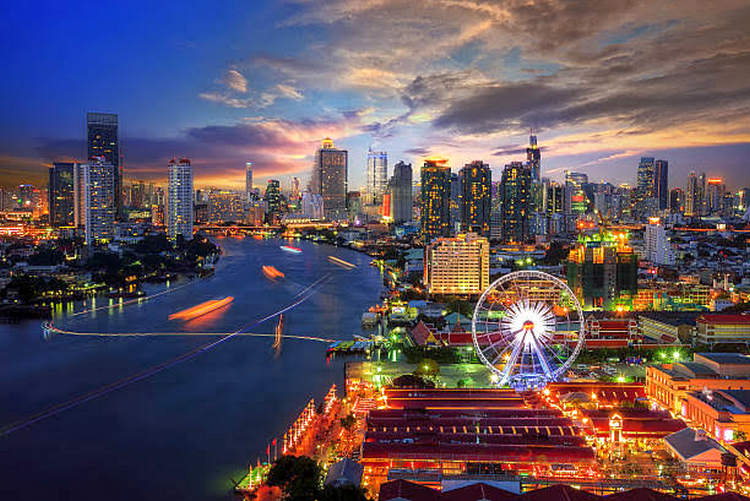
BANGKOK, Thailand – As Thailand heads into 2025, its tourism sector is on track to become a driving force in the nation’s economic future. According to a recent report from Deloitte Thailand, the country’s “Land of Smiles” is preparing to confront both new and longstanding challenges with innovation, creativity, and resilience. With tourism contributing significantly to Thailand’s GDP, expected to generate USD $67 billion in 2025, the industry is primed for continued growth. However, Thailand’s tourism scene is evolving beyond its traditional image of beaches and temples to meet the demands of a changing global landscape.
Tourism Resilience amid Global Challenges
Tourism is expected to bring in 36-39 million visitors to Thailand in 2025, marking a substantial recovery and growth post-pandemic. However, as the industry expands, it faces mounting challenges—chief among them, climate change. With rising temperatures threatening popular outdoor destinations, Thailand is taking action to safeguard its tourism industry. Dr. Narain Chutijirawong, Executive Director at Deloitte Thailand, stresses that while the challenges are significant, tourism remains a central driver of economic development.
One of the most promising shifts is in the evolution of creative tourism. Moving beyond traditional offerings, such as beach holidays and temple visits, Thailand is focusing on interactive cultural experiences like museums, performing arts, and music venues. These creative initiatives not only appeal to a broader range of visitors but also provide opportunities for the country to diversify its tourism appeal.
Adapting to Climate Change: Innovation at the Forefront
As global warming accelerates, the tourism industry must adapt to ensure Thailand remains a top destination. The Thailand Development Research Institute has identified climate-resilient infrastructure as a key priority, including shaded outdoor spaces and innovative indoor cultural hubs. These measures will help mitigate the impact of extreme weather conditions while maintaining Thailand’s allure.
The Thai government is also exploring how to blend traditional cultural offerings with modern innovation. By integrating smart technologies and sustainable practices into tourism infrastructure, Thailand aims to create a destination that caters to evolving visitor needs, while staying true to its rich heritage.
Navigating Economic and Geopolitical Shifts
Aside from climate-related challenges, Thailand faces economic hurdles in 2025. Global trade dynamics are shifting, with potential tariff increases from the US and the looming threat of resource shortages. Yet, despite these concerns, Thailand’s economic fundamentals remain strong, buoyed by low inflation and a stable monetary policy. The tourism industry, one of the nation’s primary economic pillars, will continue to benefit from this stability.
To stay competitive, the Thai tourism sector must embrace technological advances. Experts at Deloitte highlight the importance of leveraging AI, data analytics, and other digital tools to streamline operations, deliver personalized experiences, and improve efficiency. By adopting these technologies responsibly, businesses can ensure the workforce is well-trained, data is secured, and customer satisfaction is enhanced.
A Bright Future for Thailand’s Tourism
Thailand’s ability to thrive in 2025 will depend on its commitment to sustainability, technological innovation, and strategic planning. By addressing current challenges head-on and reinforcing its position as a cultural and natural powerhouse, Thailand is on track to remain one of the world’s top tourist destinations. The shift from traditional tourism offerings to a more tech-driven and climate-conscious model shows the country’s willingness to adapt, while preserving the experiences that have made it a favorite of global travelers.
With its strong foundation and forward-thinking approach, Thailand’s tourism sector looks set to play a major role in the nation’s economic success and future resilience, ensuring that the “Land of Smiles” continues to attract visitors from all corners of the globe.










